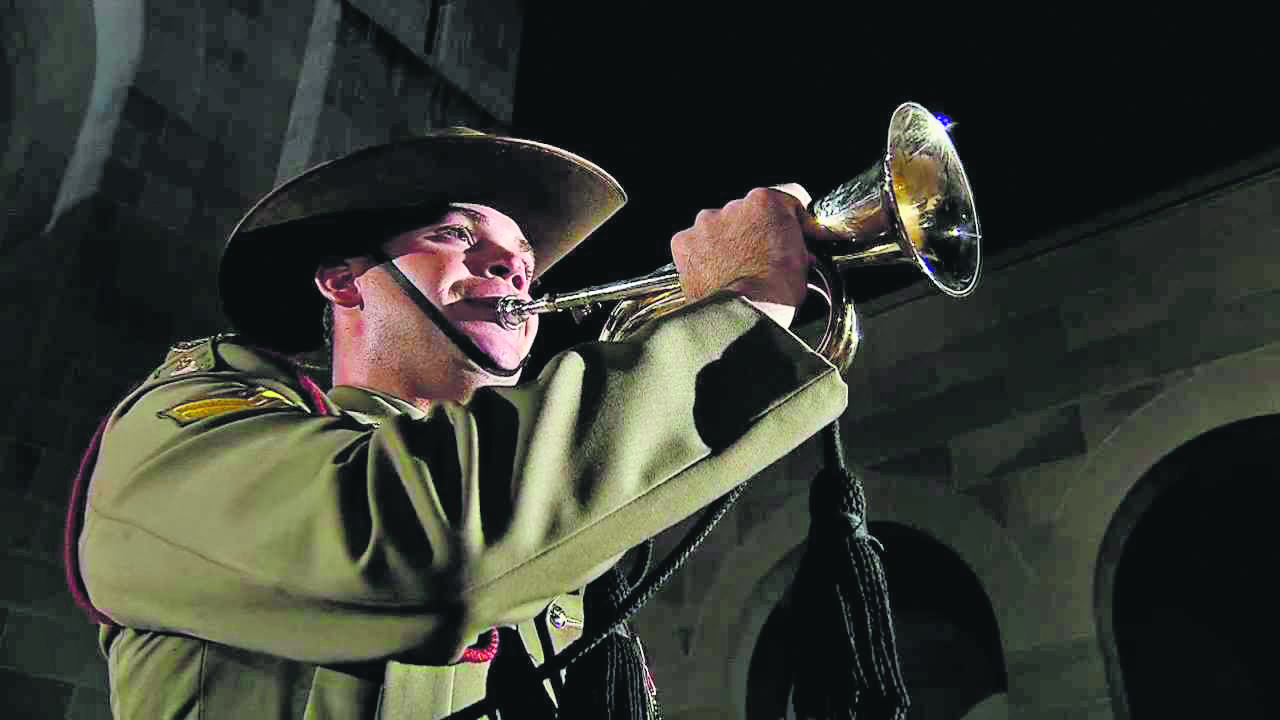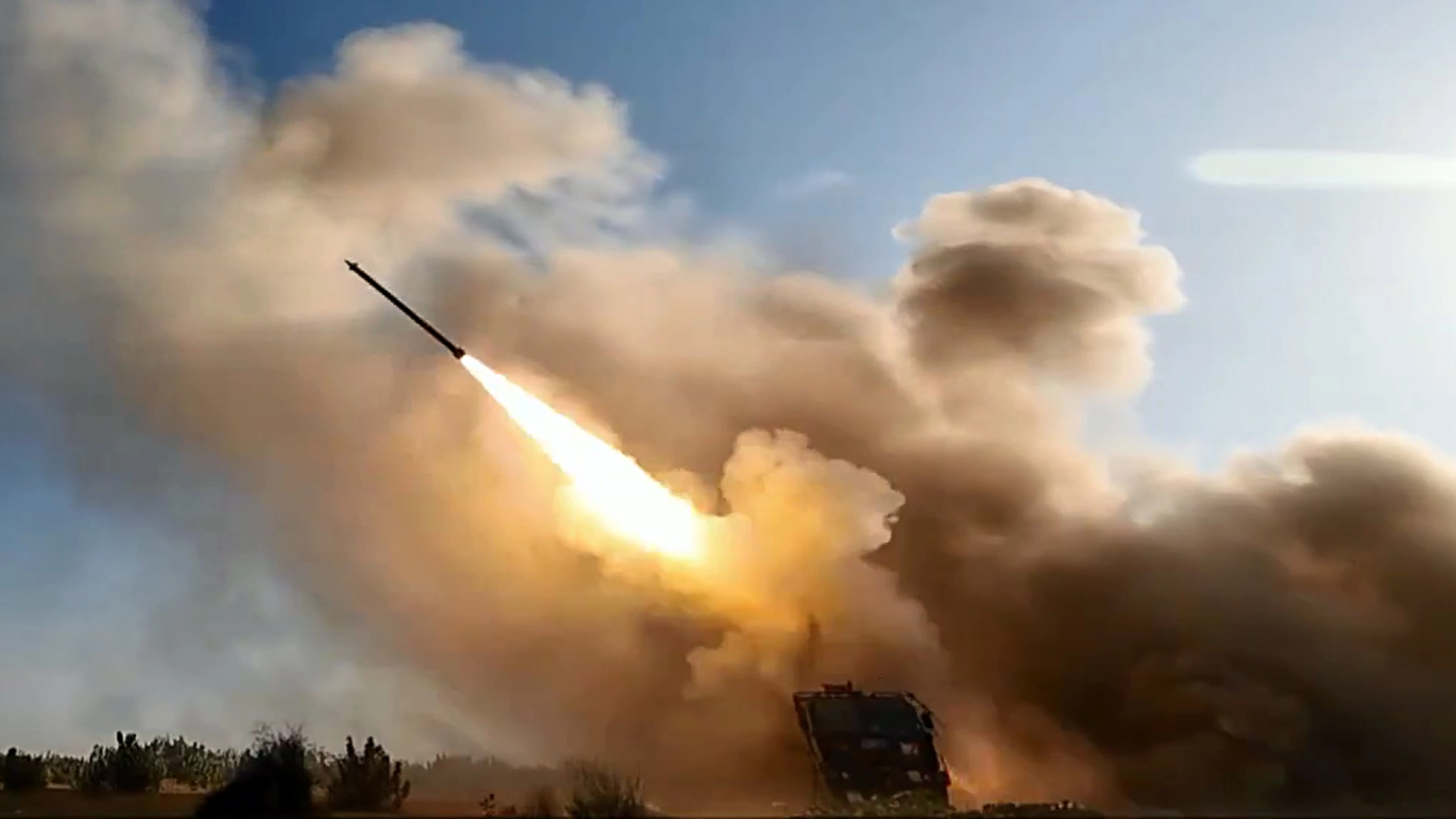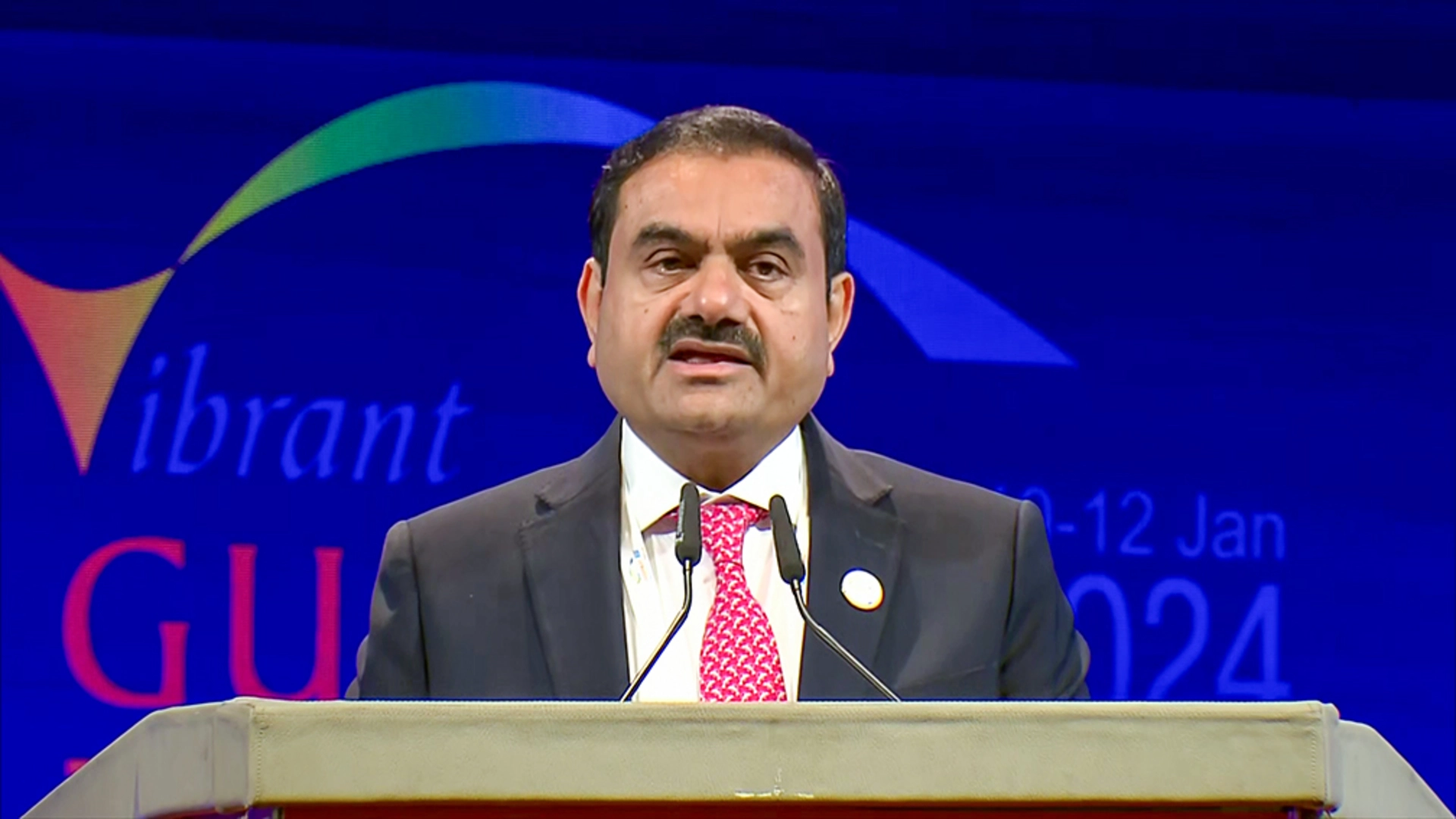
Introduction
“The Last Post” is a hauntingly beautiful bugle call that holds a special place in the hearts of many around the world. Originally a military bugle call, it has transcended its origins and become a symbol of remembrance, honor, and reflection. This timeless tune has a rich history, with origins dating back to the 17th century, and its significance has only grown over time.
Historical Roots
The origins of “The Last Post” can be traced back to the early 17th century when it was used as a signal to signify the end of the day for soldiers. The tune served as a means to convey that the sentries were at their posts and that the camp was secure for the night. Over the years, it evolved and found a solemn place in military ceremonies, particularly in remembrance services.
The significance of “The Last Post” became even more profound during World War I. As the bugle call echoed across the trenches on the Western Front, it signaled the end of the day’s hostilities and the beginning of a somber night. It became an emotional marker for soldiers, a poignant reminder of the sacrifices made and the comrades lost in the line of duty.
Symbolism in Remembrance
“The Last Post” is closely associated with remembrance ceremonies and is often played during memorial services and funerals. Its haunting notes evoke a deep sense of reflection and honor for those who have made the ultimate sacrifice. The tune serves as a tribute to the fallen, a poignant expression of gratitude for their service and a solemn acknowledgment of the enduring impact of war.
One of the most iconic uses of “The Last Post” is in ceremonies honoring military personnel who have lost their lives. The bugle call is played as a lone bugler stands before a cenotaph or memorial, its melancholic tones echoing through the silence. The simplicity of the melody carries a profound emotional weight, resonating with the collective grief and gratitude of those in attendance.
International Significance
While “The Last Post” has its roots in military traditions, its significance has transcended national boundaries. The bugle call is now recognized globally as a symbol of remembrance and tribute to the fallen. It is a fixture in ceremonies held in countries around the world, symbolizing a shared commitment to honoring the sacrifices of those who served in the armed forces.
The tune’s universal appeal lies in its ability to evoke a range of emotions – from sorrow and loss to pride and gratitude. Its simplicity allows it to connect with people on a deep, emotional level, regardless of their background or nationality. In this way, “The Last Post” serves as a powerful reminder of the common humanity that binds us all.
Adaptations and Variations
Over the years, various adaptations and variations of “The Last Post” have emerged. While the traditional bugle call remains the most recognized version, other instruments such as trumpets and even bagpipes have been used to convey the same solemn message. These adaptations reflect the tune’s adaptability and its ability to resonate across different cultures and contexts.
Conclusion
“The Last Post” stands as a timeless melody that transcends its military origins to become a global symbol of remembrance and honor. Its haunting notes carry the weight of history, echoing through time to pay tribute to those who have made the ultimate sacrifice. In a world that often forgets, this simple bugle call serves as a poignant reminder of the human cost of conflict and the importance of honoring the memory of the fallen. As we listen to the melancholic strains of “The Last Post,” we are reminded to pause, reflect, and express our gratitude for the brave individuals who gave their lives for the greater good.














